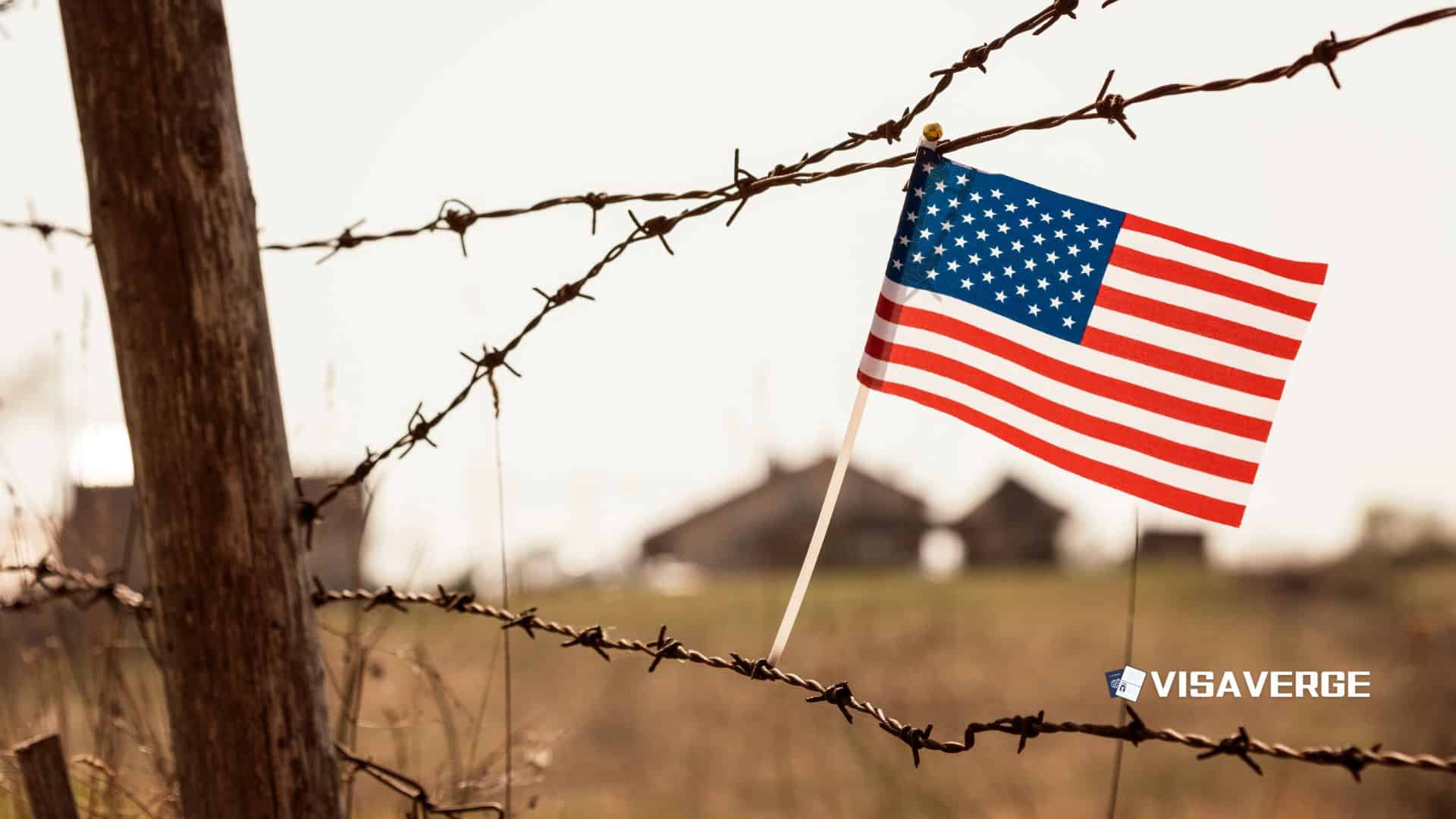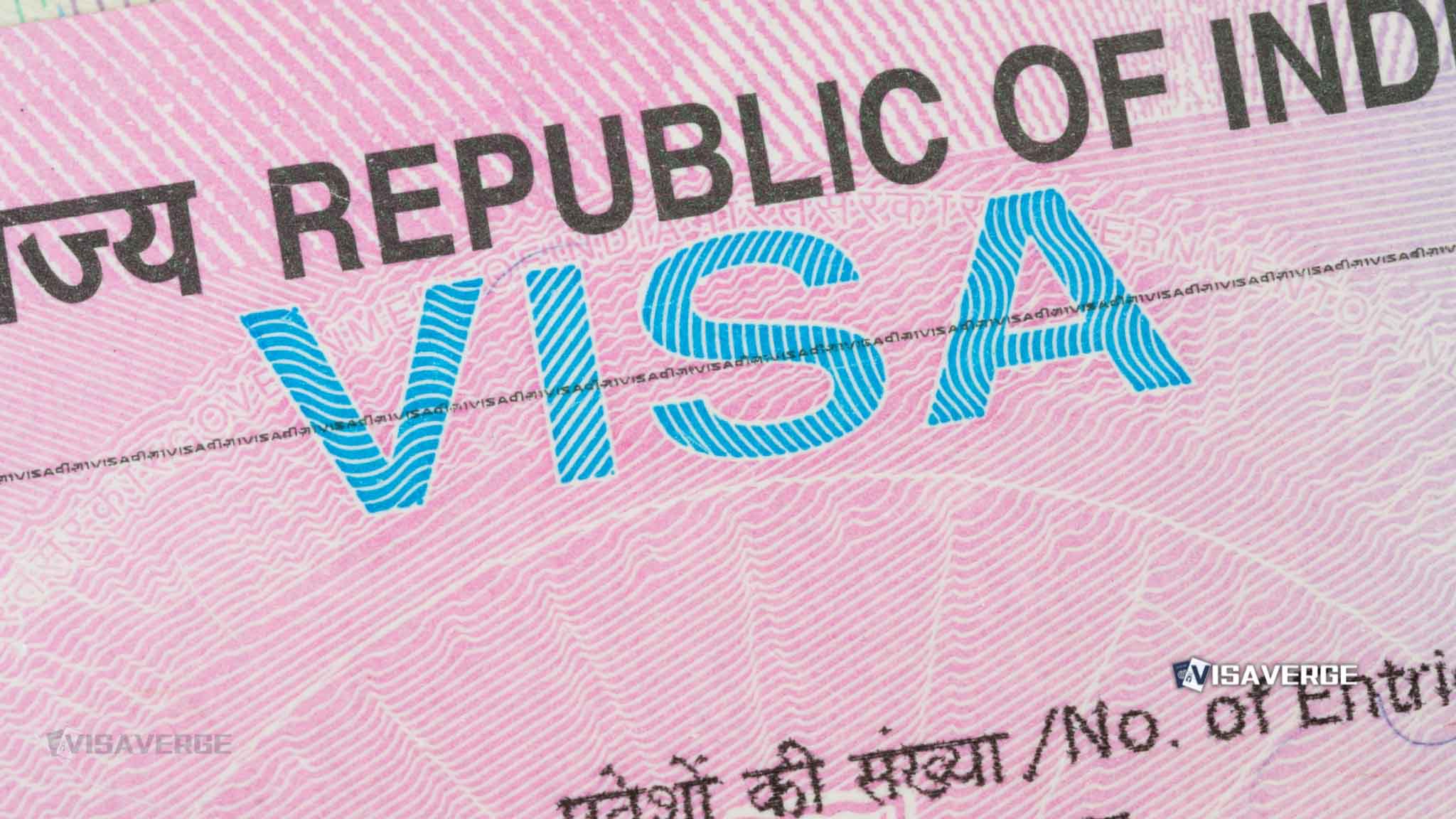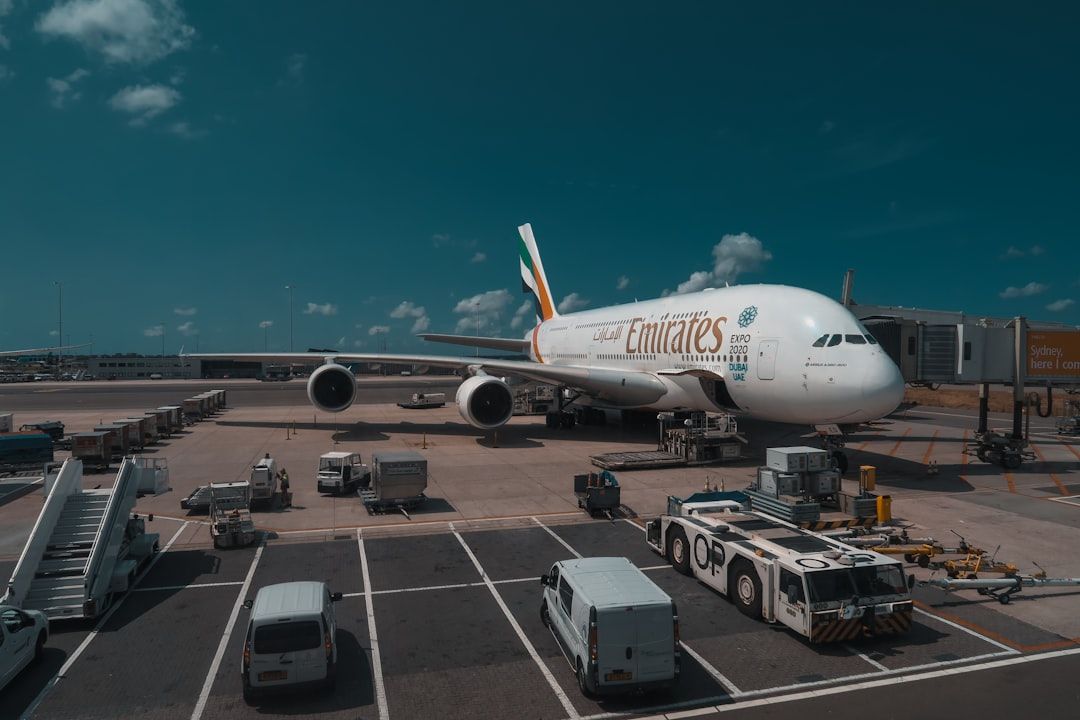(UNITED STATES) President Trump’s move to impose a $100,000 fee on new H-1B petitions filed for workers outside the country, effective September 21, 2025, has sparked a burst of bipartisan immigration legislation activity on Capitol Hill after years of gridlock. The order, set to run for 12 months unless extended, has drawn support and criticism across party lines, with lawmakers and industry groups warning of confusion for employers, disruption for foreign professionals, and ripple effects across the U.S. tech and healthcare sectors. Agencies have yet to explain how the fee will be collected.
The fee applies only to new H-1B petitions filed on or after the effective date for workers abroad. Existing H-1B holders, extensions, amendments, and petitions filed before September 21 are exempt. Companies with planned start dates this fall have put hiring on hold or shifted roles to other countries to avoid the added cost. Some foreign workers have paused travel or changed plans because there is currently no defined way to pay the fee, and both USCIS and the State Department have signaled that guidance is coming.

The administration says the policy is meant to reduce misuse of the program, raise standards, and protect U.S. workers by ensuring the H-1B channel is used for top-tier, highly skilled roles. Critics argue the measure functions as a near-ban for all but the richest employers and could push jobs offshore, hurting U.S. competitiveness. According to analysis by VisaVerge.com, the combined effect of the fee and related steps could reshape how companies plan their hiring cycles and decide where to base teams.
Policy changes and immediate effects
Alongside the fee, the proclamation directs the Department of Labor to raise prevailing wage levels for H-1B workers and urges changes to the lottery to favor higher-paid, higher-skilled applicants. Supporters say these steps will reward advanced qualifications. Opponents say they could shut out smaller firms and nonprofits that rely on H-1B talent, including hospitals in rural areas and startups without deep cash reserves.
Because the fee is set by executive action, legal challenges are expected and could influence how long the measure remains in place.
One key clause allows exceptions for jobs deemed “in the national interest,” but the criteria and the request process remain unclear. Employers are waiting for agency instructions on:
- Who may qualify for the exception
- How to document the national interest need
- Whether there will be caps or timelines for decisions
Until that guidance arrives, companies face uncertainty over whether critical roles in cybersecurity, semiconductor design, or healthcare qualify for the exception and how quickly those cases will move.
Operational gaps and employer responses
The immediate operational challenges include:
- No established payment portal
- No final instructions for consular processing
- No clarity on how the fee will interact with existing program fees
Recruiters and counsel report cancelled interviews and delayed offers as firms try to avoid triggering the new charge. Human resources teams are taking short-term measures such as:
- Delaying filings in hopes of agency guidance on exceptions.
- Reassigning roles to affiliates abroad to keep projects on track.
- Proceeding only for limited, high-priority cases and budgeting for the fee.
- Pushing for congressional fixes through bipartisan legislation.
Some companies have shifted start dates or explored relocating roles to Canada or Europe, while others are preparing to absorb the fee for a small number of essential hires.
Legislative response: Grassley-Durbin proposal
On Capitol Hill, a bipartisan group led by Republican Senator Chuck Grassley and Democratic Senator Dick Durbin has reintroduced a bill first floated in 2007 to reform H-1B hiring practices. Key provisions include:
- Requiring employers to post H-1B job openings on a Department of Labor website
- Giving U.S. citizens and laid-off H-1B holders priority to apply
- Adding a $200 fee for labor condition approvals to fund more Department of Labor staff
Supporters say the bill aims to improve fairness and transparency and align selection with higher education and job experience. While the White House’s fee leans on price as a gate, the bill focuses on process and priority. Lawmakers from both parties are assessing whether the two approaches can be reconciled.
Bipartisan momentum and political framing
Bipartisan momentum is notable because broad immigration bills have stalled for years. Members from both parties say the $100,000 fee forced a conversation by unleashing immediate practical problems for employers and workers.
- Some Republicans view the fee as a tough but necessary filter.
- Some Democrats call it blunt and harmful but see an opportunity to pass targeted rules that raise standards, protect wages, and keep the U.S. competitive.
Negotiations now underway could define the next stage of high-skilled immigration policy.
Industry impact and workforce consequences
Technology, finance, and health systems warn the fee will reduce access to needed talent during tight labor markets for AI, cloud computing, chip design, and nursing. University-linked hospitals expect strain in specialized care, and regional employers fear losing candidates to countries that are expanding high-skilled visa routes.
For workers, the stakes are personal. Prospective H-1B hires outside the United States 🇺🇸 face three main choices:
- Find an employer willing to pay the fee
- Wait in hopes of an exception
- Seek opportunities in other countries
Families juggling school calendars and housing plans are now in limbo. Workers already in H-1B status inside the U.S. are spared the fee for extensions and changes filed before September 21, but many fear knock-on effects, such as slower processing or fewer job mobility options as employers rethink global staffing.
Legal expectations and agency guidance needed
Legal experts expect lawsuits arguing that the fee oversteps executive authority or violates statutes governing visa fees. Those cases could take months.
Meanwhile, agencies are expected to release instructions on:
- Fee collection method and payment portal
- Whether the fee is refundable if a petition is denied
- How consulates will verify payment
- Interaction with related categories (e.g., H-1B1 for Chile and Singapore, E-3 for Australia)
- Criteria and processing timeline for “national interest” exceptions
Employers and workers should track updates from USCIS and the State Department. For authoritative policy references, consult the USCIS H-1B program page
Clarity is urgently needed: a fee of this size requires a clean, transparent process that explains where and when the fee is paid, what proof is issued, and how exceptions are handled.
Broader economic and international implications
The administration’s wage and lottery changes, paired with the $100,000 fee, may narrow the pipeline for early-career international graduates and make hiring in smaller U.S. markets especially difficult without raising prices.
If the policy persists for the full 12 months—or longer if extended—organizations will likely need to revise budget cycles and headcount plans, particularly those tied to annual campus hiring and cap season.
Internationally, rival hubs are already positioning themselves as easier destinations:
- The UK has widened skilled routes and points-based options.
- China is courting researchers and engineers.
Talent has choices; if the U.S. raises cost and uncertainty for H-1B petitions, employers and skilled workers may follow the opportunities abroad.
Outlook and stakes ahead
As the policy enters its first months, stakeholders on all sides are bracing for more changes:
- Employers want clear exception rules for roles tied to national security, public health, and critical infrastructure.
- Worker advocates seek guardrails to prevent abuse and to keep the door open for genuine skill shortages.
- Lawmakers see a window to advance long-discussed ideas with fresh urgency.
The final shape of reform—fee-based, process-based, or a hybrid—will signal whether the U.S. continues to include foreign students, researchers, and engineers as part of its future.
This Article in a Nutshell
The administration’s executive action imposing a $100,000 fee on new H-1B petitions filed for workers abroad takes effect September 21, 2025, for a planned 12 months. Existing H-1B holders and petitions filed before that date are exempt. The policy aims to curb program misuse and elevate standards while directing the Department of Labor to raise prevailing wages and adjust the lottery to favor higher-paid applicants. Employers are delaying hires, shifting roles overseas, or budgeting for the fee amid operational gaps — no payment portal or consular guidance is yet available. Bipartisan legislation from Senators Grassley and Durbin seeks process-based reforms, and legal challenges are expected. Agencies will need to clarify payment methods, refund rules, and national interest exception criteria to reduce uncertainty for companies and foreign professionals.





